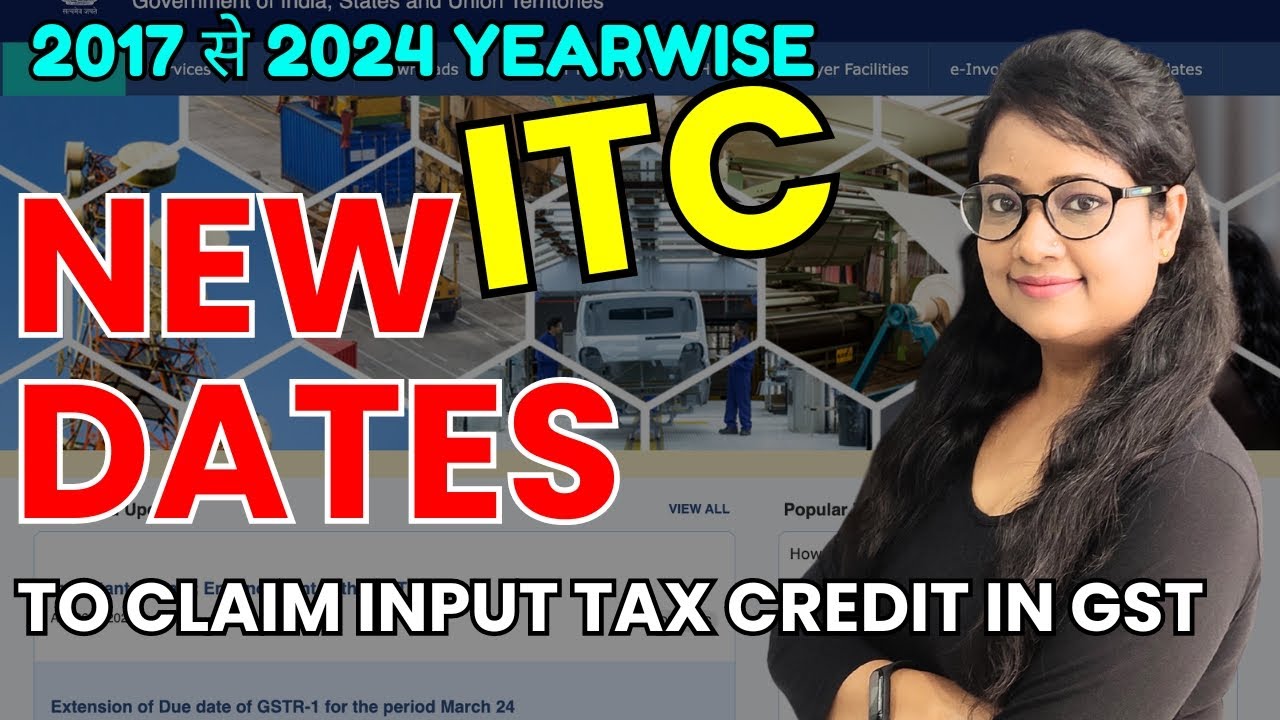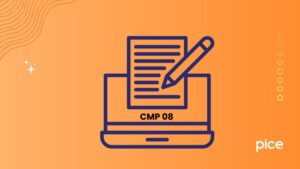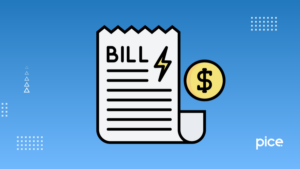Last Date to Claim ITC
- 26 Aug 24
- 12 mins
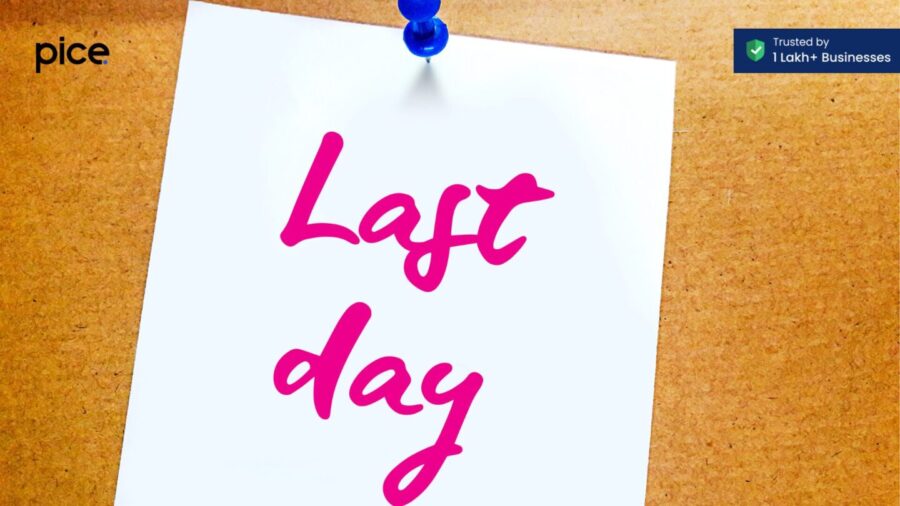
Last Date to Claim ITC
Key Takeaways
- Input Tax Credit (ITC) allows businesses to claim the tax paid on purchases and expenses against their tax liability on sales, provided they comply with GST regulations and maintain proper documentation.
- Only registered persons under GST, including businesses and service providers, can claim ITC, and they must file all necessary GST returns, including FORM GSTR-9, within stipulated deadlines.
- ITC can be claimed on a variety of business-related expenses, such as contract services, health services, and motor vehicle maintenance, as long as they meet specific conditions and are supported by valid tax invoices.
- The time limit to claim ITC for a financial year is either the due date for filing GST returns for September of the following year or the date of filing the annual return, whichever is earlier.
- Proper reconciliation and accurate recording of inter-state and intra-state transactions are essential for maximizing ITC claims and ensuring compliance with GST rules.
What is Input Tax Credit?
Crucially important under the Goods and Services Tax (GST) system, Input Tax Credit (ITC) lets registered companies recover the tax paid on purchases and costs against their tax due on sales. Basically, ITC guarantees that the end user does not suffer the most from many taxes, therefore helping to prevent the tax cascade. Businesses registered under GST must comply with certain filing criteria including timely submission of GST returns and keeping proper accounting books if they want to use ITC.
The ITC system covers several kinds of goods, including taxable and composite products. A composite supply including products and services, say a contract service with both material and labor components, lets companies claim ITC on the whole transaction. If utilized for commercial purposes, ITC may also be claimed on expenditures like motor vehicle maintenance and health care related costs.
Claiming ITC depends on accurate paperwork including tax bills, debit notes, legitimate invoices. To prevent any problems with ITC claims, companies also have to make sure their suppliers follow GST rules and accurately submit their GST filings. GSTR-2B data enables companies to link their purchase records with their suppliers' sales records, therefore guaranteeing correct claims of all qualified credits.
Who Can Claim ITC?
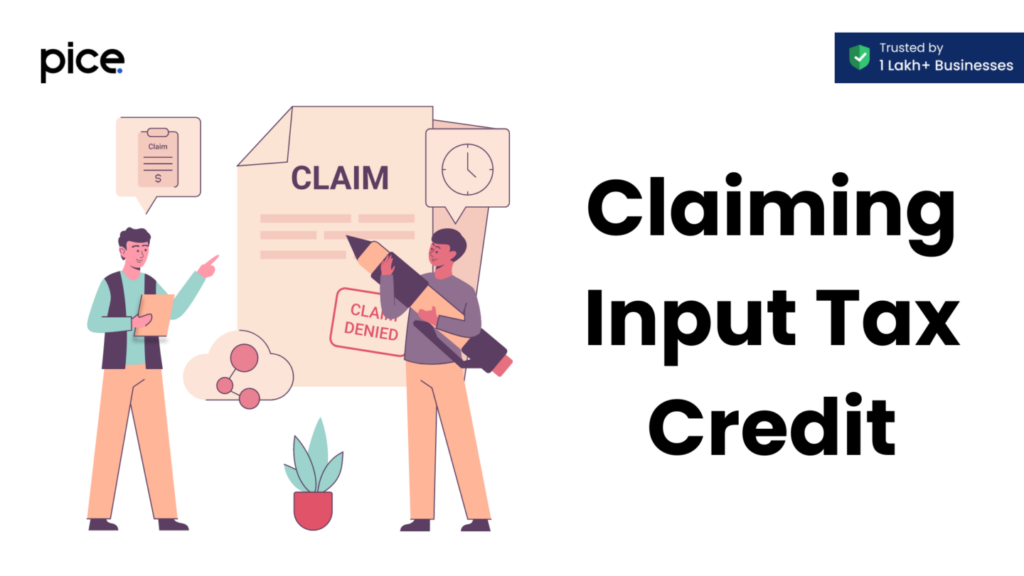
Only registered people under GST—that is, companies, service providers, manufacturers—are eligible to collect ITC. These organizations have to be sure they follow GST rules and keep accurate records of every transaction if they want ITC. Under some circumstances, regular taxpayers, non-resident taxable persons, even companies engaged in exempt supply might be qualified to collect ITC.
Registered individuals have to comply with all statutory criteria and promptly submit their GST returns, including FORM GSTR-9, an annual return comprising all transactions for the financial year. As long as acceptable paperwork, such as tax invoices and debit notes, supports any inputs—including products and services used for business purposes—ITC may be claimed on such inputs.
Companies engaged in operating rent-a-cab services, beauty treatments, or health care providers—whose costs are for business use—can also apply ITC. by example, providing they satisfy the required criteria, health services utilized by workers on vacation or motor vehicle repair for corporate cars are qualified for ITC.
Though the procedures and restrictions may be different, non-resident taxable people engaging in transactions in India may also collect ITC. For non-resident taxable people to claim ITC easily, proper paperwork from suppliers—including current invoices and compliance filings—is very vital.
💡If you want to pay your GST with Credit Card, then download Pice Business Payment App. Pice is the one stop app for all paying all your business expenses.
What Can Be Claimed as ITC?
One may claim ITC on a broad spectrum of products and services used in course of business. This covers raw supplies, consumables, rent-a-cab, employee health and life insurance, as well as particular overheads such accounting books and motor vehicle upkeep. The secret is that these products and services have to be used—or meant to be used—for business needs.
Expenses must be qualified for ITC by certain requirements. Businesses may, for example, claim ITC on tax bills for expenditures connected to their main operations, including contract services for infrastructure projects or health services for staff wellbeing. If they are part of the company offers, ITC may also be claimed on costs paid for beauty treatment services given to customers.
Businesses claiming ITC have to be sure their suppliers have appropriately submitted their GST returns and produced current tax invoices. Late entries or incorrect invoices could cause delays or rejections of ITC claims. Businesses therefore have to follow a careful reconciliation procedure utilizing GSTR-2B data to reconcile their purchase records with the sales records of the suppliers.
ITC may also be claimed on credit notes and debit notes providers provide for changes in sales transactions. Companies have to make sure their GST filings fairly reflect these records to prevent any differences. Claiming qualified ITC without any hicc-ups depends on timely submission of all required paperwork, including FORM GSTR-9.
How to Claim ITC?
Starting with the confirmation of tax invoices and other relevant records from suppliers, claiming ITC requires numerous actions. Companies have to be sure their records follow GST rules and are current. Accurate GST reports documenting all purchases and expenditures qualified for ITC come next.
Businesses claiming ITC must routinely match their purchase data with the sales data of their suppliers using instruments like GSTR-2B. This procedure guarantees that all qualified credits are claimed and helps to find any differences. Should problems arise, including erroneous bills or deliberate supplier misstatements, companies should quickly resolve them to prevent complexities in ITC claims.
Claiming ITC requires correct paperwork. For a certain time businesses have to keep records of all tax bills, debit notes, and other pertinent documentation. This guarantees compliance as well as helps tax authorities to conduct simpler audits and inspections. Smooth ITC claims depend on timely submission of GST returns including the yearly return FORM GSTR-9 and compliance filings.
Companies should also be aware of certain requirements and limitations for ITC claims. For example, ITC on motor vehicle maintenance is permitted only in cases of commercial usage for the vehicles. In the same vein, ITC on health services or cosmetic treatments might be claimed should they be provided by the company and not for personal use.
Time Limit to Avail ITC Applicability
The time limit to avail ITC is critical for businesses to ensure they do not miss out on eligible credits. According to GST rules, ITC for a financial year must be claimed before the earlier of two dates: the due date of filing GST returns for September of the following financial year or the date of filing the annual return (FORM GSTR-9). This means businesses need to stay vigilant about their filing deadlines to maximize their ITC claims.
Delays in filing GST returns or reconciliation processes can lead to missed ITC claims. Therefore, businesses must maintain a rigorous schedule for submitting their monthly and annual returns. Regular audits and proper documentation from suppliers are essential to avoid any discrepancies that could affect the ITC claim process.
It is important to note that certain conditions must be met within the specified time limits to claim ITC. For instance, all tax invoices and debit notes must be available and correctly recorded in the books of accounts. Any potential issues, such as willful misstatements or discrepancies in the documents from suppliers, should be addressed promptly to ensure compliance and timely ITC claims.
The time limit for availing ITC also applies to credit notes and debit notes issued for adjustments in transactions. Businesses should ensure these documents are reflected accurately in their GST returns and comply with the deadlines to avoid losing eligible credits. Proper reconciliation and documentation help in meeting these time limits effectively.
Conditions for Claiming Input Tax Credit
Several conditions must be met for businesses to claim ITC. Firstly, the claimant must be a registered person under GST and should have received the goods or services for which ITC is claimed. Secondly, the supplier should have paid the GST to the government, ensuring that the input credit flows seamlessly to the recipient.
Another key condition is the possession of valid tax invoices or debit notes issued by the supplier. These documents must comply with GST regulations and be correctly recorded in the accounting books. Any discrepancies or incorrect invoices can lead to rejection or delays in ITC claims. Therefore, maintaining proper documentation is crucial.
Businesses must also ensure that they have filed all necessary GST returns, including monthly returns and the annual return (FORM GSTR-9), within the stipulated time limits. Timely filing and compliant filings are essential for claiming ITC. Any delays or non-compliance can result in the denial of eligible credits.
Additionally, certain expenses, such as those related to beauty treatment, health services, or motor vehicle maintenance, must be directly related to business activities to qualify for ITC. Personal expenses or those not linked to the business cannot be claimed. Ensuring that all expenses meet these conditions helps in maximizing ITC claims.
Adjusting ITC for Inter-State and Intra-State Transactions
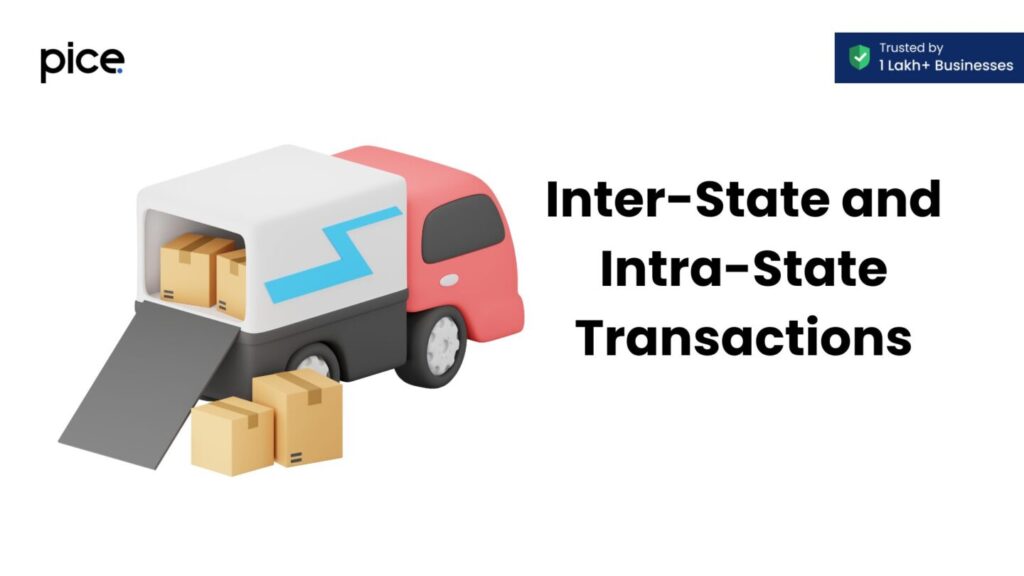
Adjusting ITC for inter-state and intra-state transactions involves understanding the different components of GST—IGST, CGST, and SGST. For intra-state transactions, businesses can utilize CGST and SGST credits against their respective liabilities. For inter-state transactions, IGST credit can be used to offset IGST, CGST, and SGST liabilities.
Proper documentation and accurate recording of transactions are essential for adjusting ITC. Businesses must ensure that all tax invoices and debit notes are correctly categorized and reflect the nature of the transactions. This helps in appropriate credit utilization and avoids any discrepancies during the reconciliation process.
Businesses must also be aware of the specific rules governing the adjustment of ITC for different types of transactions. For instance, IGST credit can be used against CGST and SGST liabilities, but the reverse is not permissible. Understanding these rules helps in optimizing the ITC claims and ensuring compliance with GST regulations.
Engaging in regular reconciliation processes using GSTR-2B data is crucial for adjusting ITC. This ensures that all eligible credits are claimed and any potential issues, such as incorrect invoices or discrepancies, are addressed promptly. Proper reconciliation and documentation help in seamless ITC adjustment for both inter-state and intra-state transactions.







